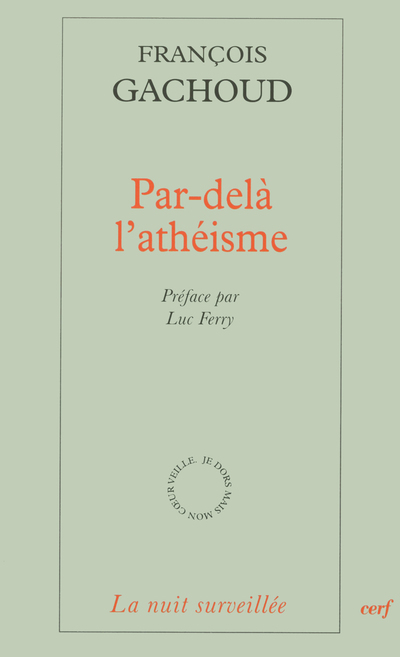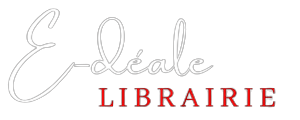Le but de cet essai est d'explorer une voie nouvelle par-delà les oppositions qui caractérisent l'athéisme et les philosophies de la transcendance. Est-il possible de dépasser ces oppositions apparemment inconciliables ? Comment, à quelles conditions, et dans quelles perspectives ? Le livre développe une philosophie des rapports transcendance-immanence. Partant de la conception d'une transcendance " dans " l'immanence proposée par Luc Ferry, François Gachoud en discute les conditions de possibilité en explorant deux voies susceptibles d'en élaborer aussi les fondements : celle de la vie comme lieu de la manifestation première de ce rapport, celle d'une " éthique de l'altérité " qui, avec Levinas, introduit une dimension inédite de la transcendance située par-delà l'athéisme et la tradition de la foi au sens religieux. Cette double articulation implique elle-même de faire référence aux apports de la phénoménologie de Husserl, mais aussi à celle de Michel Henry qui en a remodelé l'interprétation. Une place particulière est réservée aux thèses chères à Nietzsche dont l'auteur confronte les intuitions majeures avec celle de la vision johannique du Verbe de vie. Une ligne de crête est ainsi tracée qui va de Friedrich Nietzsche à Michel Henry, de Edmond Husserl à Emmanuel Levinas, de Luc Ferry à Paul Audi. Il s'en dégage une vision renouvelée de l'éthique fondée sur la reconnaissance de l'autre homme rencontré dans sa singularité incarnée. Mais aussi l'hypothèse d'une transfiguration de la chair comme lieu du soulèvement de la vie : peut-on penser la résurrection du Christ comme une espérance qui rencontrerait la résolution dionysiaque de Nietzsche ? -- The aim of this essay is to explore a new avenue beyond the oppositions which characterise atheism and the philosophies of transcendence. But is it possible to surpass these apparently irreconcilable oppositions? How? Under what conditions? From what viewpoint? This book develops a philosophy of the transcendence-immanence of relations. Starting out from the conception of transcendence 'within' immanence as proposed by Luc Ferry, François Gachoud discusses the conditions under which this is possible, by exploring two paths likely to elucidate the foundations: that of life as the place of the first manifestation of this relation, and that of an 'ethic of otherness' which, with Levinas, introduces an original dimension of transcendence situated beyond atheism and the tradition of faith in the religious sense. This double articulation implies that we should refer to the contribution of Husserl's phenomenology, as well as that of Michel Henry who has restructured its interpretation. A special place is reserved for the theses dear to Nietzsche, whose major intuitions are compared by the author with those of John on the Word of Life. So a dividing line is traced between Friedrich Nietzsche and Michel Henry, Edmond Husserl and Emmanuel Levinas, Luc Ferry and Paul Audi. What emerges is a renewed vision of ethics founded on the recognition of the other human being encountered in his incarnate singularity. But also the hypothesis of a transfiguration of the flesh, as a lieu of the uprising of life: can one conceive the Resurrection of Christ as a hope that has encountered the Dionysiac resolution of Nietzsche?




